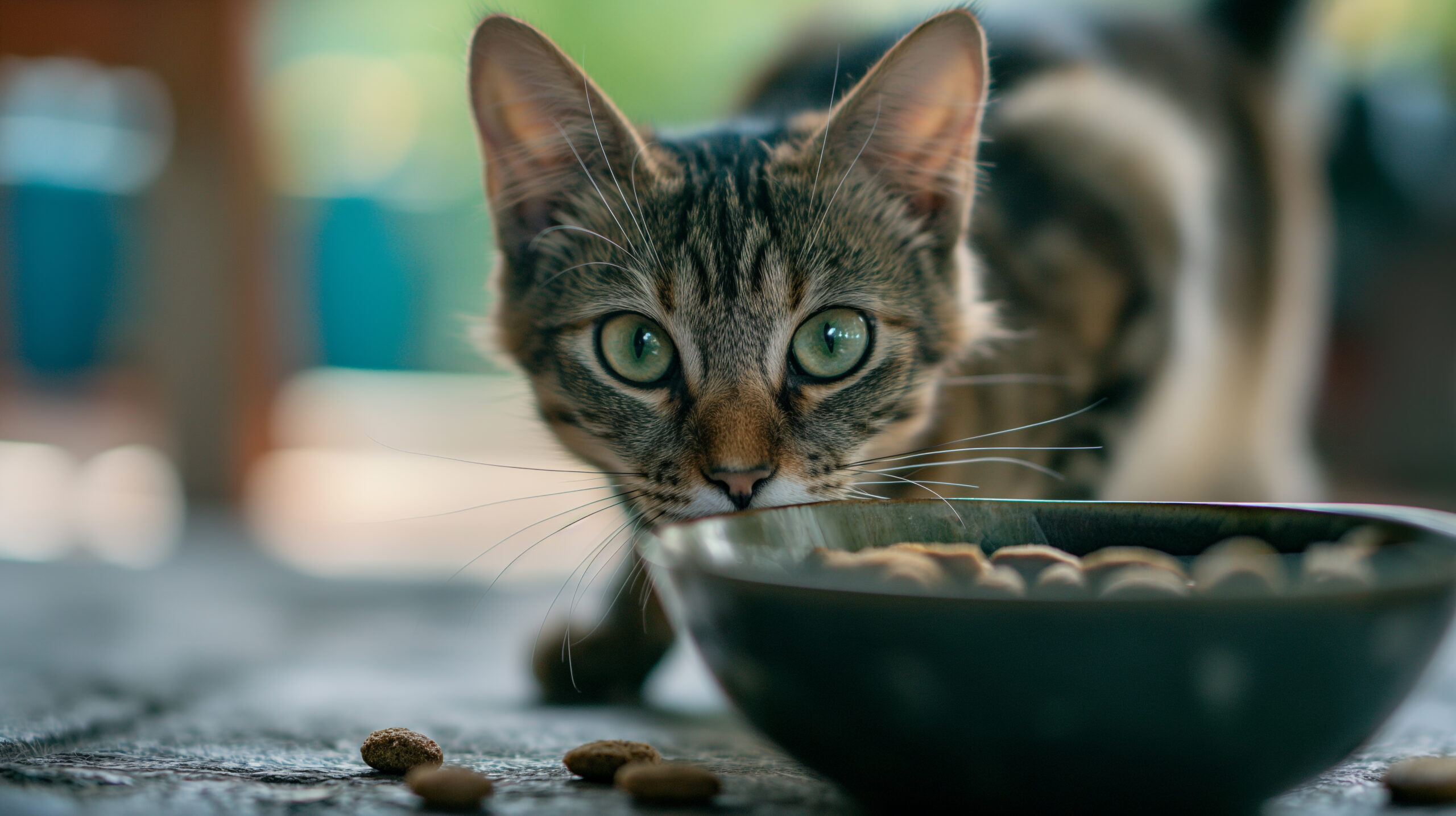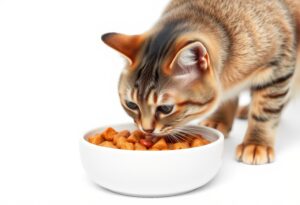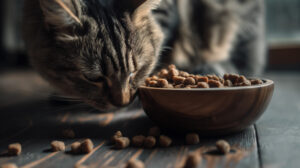
Fur parents understand that their pets’ health and happiness stand as their highest concern. The condition of your cat’s urinary system needs greater consideration because people tend to ignore it. This article serves cat owners who either want to help their cats with urinary problems or seek a dietary solution for better urinary health. This article will demonstrate how homemade cat food helps urinary problems while teaching you the process to develop personalized balanced diets for your feline companion.
Why Focus on Urinary Health?
Cats frequently experience urinary conditions which include urinary tract infections (UTIs) alongside bladder stones and feline lower urinary tract disease (FLUTD). The Journal of Feline Medicine and Surgery published research showing that yearly urinary issues affect 1.5% of cats who visit veterinarians and male cats experience higher rates because their urethras are narrower.
A diet directly impacts the condition of the urinary system. Commercial cat food contains high mineral content that raises the chance of bladder crystal formation through excessive magnesium and phosphorus levels. The process of preparing cat food at home provides individuals full management of nutritional components for specific dietary requirements of their particular feline companions.
We need to discuss essential matters before starting the cooking process.
Frequently Asked Questions about Homemade Cat Food for Urinary Problems
Q1. A homemade diet possesses the potential to treat urinary disorders in cats.
A homemade diet cannot eliminate existing conditions but it helps by keeping urine pH levels optimal while maintaining hydration and reducing mineral concentrations that cause problems. You must always ask your vet for correct diagnosis and treatment.
Q2. Is homemade cat food safe?
Yes, if prepared correctly! A homemade diet must contain all essential nutrients to be safe for consumption. Your homemade recipes require veterinary or feline nutritionist consultation to verify they fulfill all nutritional requirements.
Q3. What prevents people from using commercially available urinary care cat food?
The advantage of purchasing commercial food is its ease of access but consumers need to be cautious about artificial preservatives and lower-grade materials in these products. You can select premium-quality fresh ingredients for homemade recipes because they provide a natural solution without preservatives.
The main components needed for preparing homemade cat food to address urinary problems
The dietary purpose is to develop meals which help urinary health through pH control and anti-inflammatory effects while stopping crystal formation. The essential components of homemade cat food for urinary problems include the following:
- High-Quality Protein
Cats require protein as their only dietary source because they belong to the group of obligate carnivores. Choose proteins that contain low phosphorus content to protect their kidney function.
Examples:
- Chicken breast (skinless)
- Turkey
- Rabbit
- Eggs (occasionally)
- Healthy Fats
The energy requirements of cats depend heavily on fats because they serve as their main power source. Fish oils benefit both skin health and coat condition.
Examples:
- Salmon oil
- Chicken fat
- Moisture-Rich Ingredients
The leading reason behind urinary problems stems from dehydration which makes this matter critical. A cat’s urinary health depends on wet food or recipes with high moisture content.
Examples:
- Bone broth (low sodium)
- Blended cooked zucchini or cucumbers serve as suitable food sources for cats.
- Low Magnesium & Low Phosphorus Ingredients
The excessive presence of minerals within the body can trigger urinary crystal development.
Examples:
- Pumpkin puree
- White rice
- Taurine
The essential amino acid Taurine maintains heart and eye health while being fundamental for any cat food diet.
You should maintain taurine levels through muscle meats or a taurine supplement.
Recipe for Urinary-Health Cat Food
Homemade Chicken & Rice Mix
|
Ingredient |
Quantity |
|
Skinless chicken breast (boiled, shredded) |
1 cup |
|
Cooked white rice (moist and unsalted) |
½ cup |
|
Bone broth (low sodium) |
½ cup |
|
Pumpkin puree |
2 tbsp |
|
Salmon oil |
1 tsp |
|
Crushed taurine supplement (if needed) |
Consult vet |
Preparation Instructions:
- Cook the chicken breast in boiling water until it reaches full doneness. Shred into small, manageable pieces.
- Put the cooked rice together with chicken and bone broth into a bowl then mix until the mixture reaches a soft mushy consistency.
- Mix in pumpkin puree together with salmon oil to enhance the nutritional value of the dish.
- Add the taurine supplement according to veterinary recommendations by crushing it into small pieces.
- The dish should be served at room temperature while stored leftovers need an airtight container in the refrigerator for a maximum of three days.
Important Feeding Tips:
The food serving should always include fresh water which should remain available to your pet. Your body needs water for maintaining healthy urinary tracts.
You should blend homemade food with their current diet for seven days until their food consists mostly of homemade meals.
Monitoring Your Cat’s Health
The process of changing to homemade cat food for urinary problems needs continuous monitoring of your pet’s condition. Look for positive health indicators in your cat which include:
- Less straining to urinate
- Drinking more water
- Increased energy and appetite
Regularly check for worrying urinary symptoms including excessive urination and blood in urine or lethargic behavior because immediate veterinary attention is needed if these symptoms appear.
Expert Opinions on Nutrition for Urinary Health
Dr. Jennifer Larsen from the clinical nutrition field stresses that cats need adequate moisture content in their dietary plan. Dr. Larsen explains to the American Veterinary Medical Association (AVMA) readers that cats have an innate low thirst drive. The management of urinary tract health requires cats to consume sufficient amounts of moisture through their food.
The Cornell Feline Health Center explains that feline diets need to maintain precise nutrient proportions to prevent mineral-related health complications.
Wrapping It Up
The preparation of homemade cat food provides a beneficial method to control urinary health while ensuring you know exactly what your cat eats. The process of preparing homemade cat food extends beyond simple combination of chicken and rice. Your veterinarian should guide your choices while you select premium ingredients for your cat’s meals and you must observe their health response for their well-being.
Finding assistance from feline nutritionists provides the solution to overcome any challenges when creating individualized eating programs tailored to your cat’s precise requirements.
Looking for more inspiration? Add this web page to your bookmarks collection before you begin cooking meals which bring enjoyment and optimal health to your feline companion.


Leave a Reply